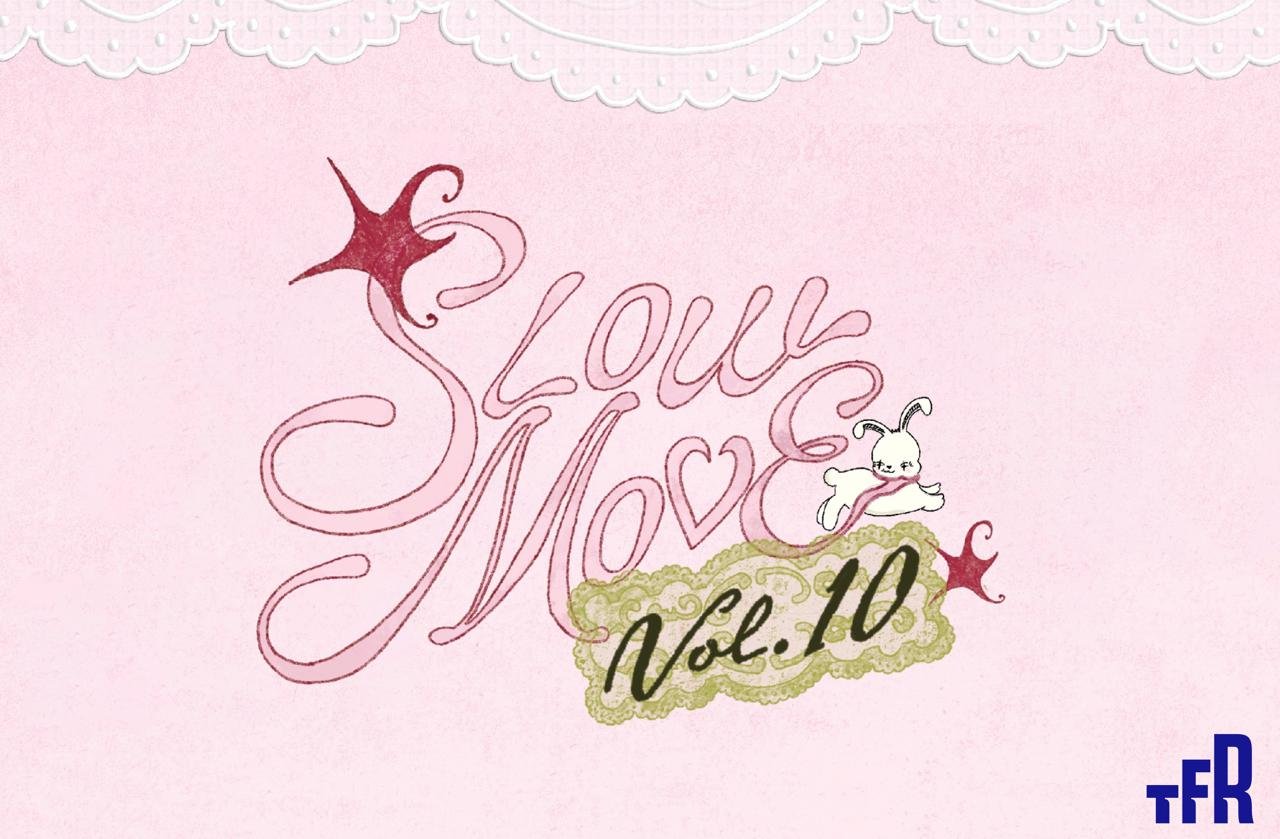Nasida Ria, safeguarding qasidah music in Indonesia for almost 50 years
Written by Aghnia Hilya | Read in Indonesian
"Perdamaian perdamaian, perdamaian perdamaian, banyak yang cinta damai tapi perang semakin ramai". The lyrics of Nasida Ria's "Perdamaian", which were released more than a decade ago, are in fact still relevant today. Relevance is one of the strengths of this qasidah group.
Founded in 1975, Indonesia's first qasidah group has been gaining traction at music festivals both at home and abroad. True to its name, the group’s popularity comes from its meaningful yet critical lyrics and lively music that makes people dance. The word Nasida was derived from the Arabic word "Nasyid" which means Islamic songs, while “Ria” means happy. The group hopes that their works can make people happy and spread positive messages.
Even though their songs are timeless, Nasida Ria is aware that they also need to 'extend' their life, namely through regeneration. The Semarang-based qasidah group, which consists of 9-10 women, has kept their music running for four generations.
To uphold their mission to spread goodness through each of their songs, Nasida Ria has several requirements: good voice, good morals, women. Some members have to play musical instruments, but the skill is not a prerequisite as it can be trained.
For Nasida Ria, training until each successor is selected to perform in front of the public takes quite a long time. That is because the training not only covers the technical aspects related to music, but also accuracy, familiarity and cohesion between the young and the old during their time together.
"If there is a lack of harmony, it could tarnish the name of Nasida Ria, diminishing the goodness that we have been building so well all this time. We can’t let the arrival of new people damage and harm Nasida Ria," Muhammad Zuhad, Nasida Ria's manager, told TFR.
As a pioneer and face of qasidah in Indonesia, Nasida Ria is quite selective in choosing its successors in order to safeguard the existence of the qasidah music genre in the world, not only in Indonesia.
Audition, a new path to regeneration
For Nasida Ria, making music is preaching through art. Thus, it is understandable that the group uses many ways to scout talents, starting from candidates being brought by their families to being selected by the student leaders and inviting potential students who they come across when teaching.
“The latest method is an audition. So that we can reach more people, not only the locals, but other cities in Central Java can also get the information. This way, we can find more talents and with higher standards," Zuhad explained.
Zuhad emphasised that audition, which it did not adopt in generations 1 to 3, is just a matter of different methods. He said, "We still maintain the system that was created at the beginning. We still use the same system.”
Apart from the system, Nasida Ria also maintains the age requirement for their potential successors at 13-15 years. Candidates must not have a romantic partner. Rien Jamain, a member of the 1st generation of Nasida Ria, explained the reason, "We are looking for those whose hearts are still pure, haven't strayed."
Zuhad added, "The objective is so that at a young age, it will be easier for them to absorb music lessons, and the no-boyfriend requirement is to make them able to focus on their career at Nasida Ria."
Ezzura: Nasida Ria’s training group
Regarding regeneration, "Later, candidates will be asked about their preferred musical instrument, then they will be enrolled in a course. We have music teachers to teach them. There is also a group called Ezzura for the training. In the group, they will be trained to have the courage to perform in front of other people," Zuhad said.
It could be said that Ezzura is a music group containing multi-talented young people who are trained to become Nasida Ria's new generations. Nasida Ria first recruited members in 1970, while Ezzura was established in 2014 and comprises the fourth generation of Nasida Ria.
Zuhad stated, "The candidates do not go to Nasida Ria straight away. Let them eliminate their fear of Nasida Ria first. First and foremost, we will test their interaction with other members."
Nasida Ria and Ezzura currently have 12 members each. However, only four Ezzura members have been recognised and officially become members of Nasida Ria.
Zuhad said some did not qualify to become members of Nasida Ria or were not consistent enough to have a long-term career in the qasidah group. Therefore, Nasida Ria also pays attention to team-building activities.
One of them is excursions, which will be held in the near future at the beginning of this year. The activity will not only involve Nasida Ria members from the earliest to the newest generation, but also Ezzura and the entire crew to strengthen their bond.
The temptation to try other music genres
Admittedly, by recruiting young people and as time progresses, Nasida Ria also feels the temptation to try other genres. Moreover, music genre preferences always fluctuate; at one point qasidah is more popular, while other times it is dangdut koplo.
Zuhad acknowledged that several other qasidah groups may not consistently stick to the genre. When koplo is on the rise, they can suddenly turn into a koplo group.
“Nasida Ria is kept consistent, because Nasida Ria is the face of qasidah. If Nasida Ria changes or deviates from qasidah, it is feared that Indonesian qasidah will disappear," said Zuhad, who is aware that qasidah is no longer mainstream.
Even so, there are still many people who enjoy qasidah and Nasida Ria, especially among the lower middle class in rural areas. Nasida Ria's songs are still played at every mothers gathering in mosques, prayer rooms and at recitations.
“Most people who are active on Facebook are village people, married women and men. They are our audience. So, our task is to remain relevant with technology so that qasidah can be introduced to new audiences."
One of Nasida Ria’s future activities is to create live session content and upload it to YouTube and other social media. To expand and maintain its existence, Nasida Ria is also actively creating content on Instagram and TikTok.
Preserving Nasida Ria, preserving cultural heritage
Albeit constantly keeping up with technological development and recent trends, the qasidah group ensures that its regeneration must adapt to its identity. Even though the younger generation wants to bring new colours, the type of music cannot deviate too much.
“Nasida Ria's identity is playing qasidah. While young people nowadays like pop, rock and even R&B, they (Ezzura) are trained as the future Nasida Ria to continue a legacy. Don't let qasida be lost in time," said Zuhad.
Attitude is another aspect that is specifically nurtured among Nasida Ria's successors so that they could be fully dedicated to the group. This way, they could maintain Nasida Ria's label as an Islamic girl band that promotes religious and humane music.
Interestingly, there is no limit to the number of reserve members of Nasida Ria. They can readily take over when a member is unable to show up, so there is no need to look for a replacement abruptly.
“Because most of the time, they could not show up due to unforeseen circumstances, such as death. That's why we established a platform for regeneration; so that anytime there is a sudden instance where a replacement is needed, we are well prepared," Zuhad said.
New album and book
What's even more amazing is that the first to the youngest generations of Nasida Ria can maintain and consistently preserve Nasida Ria’s colours. “We practise regularly. Once a week or two. We meet, get together and always practise our songs so we can play smoothly."
Another reason is that Nasida Ria will be working on another album this year. They released their 36th album two years ago. The qasidah group also revealed their plan to write a book about the founding and survival of Nasida Ria.
"So that Nasida Ria’s history is not forgotten, not changed or blurred. Once it’s put in a book, that book will last forever. Even when the first generation is gone, the documentation will still be there; in the book, works that are eternal," Zuhad concluded.



















